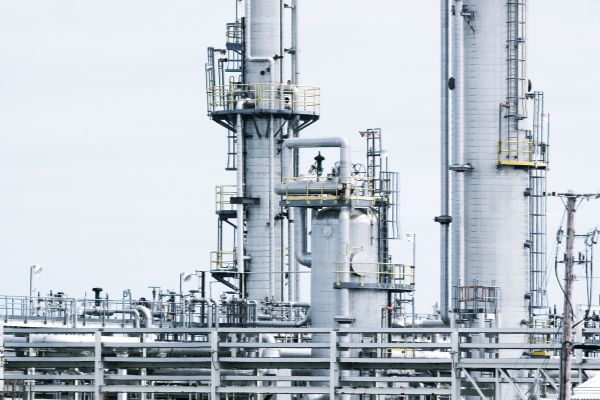
RUSSIAN GAS SHUT-OFF | ¿HOW’S THE SITUATION OF THE GAS SUPLY IN EUROPE?
“We have to be prepared for more gas supply interruptions and even for a total cut-off by Russia,” the President of the European Commission Ursula von der Leyen warned the european leaders at the plenary session of the European Parliament in Strasbourg.
Russia, the second largest producer of natural gas in the world according to the US Energy Information Administration, has stopped sending gas to European countries such as Poland, Finland or Denmark. This translates into fears and uncertainty in the community given the possibility that the number of countries affected by this decision may grow from now on.
Not only because of the lack of supplies, but also because of an impact on prices or other problems that may arise as a result of tensions between other countries. In such a globalized world, it is unlikely that a war will not affect the majority of nations.
In the same speech, Ursula von der Leyen urged European leaders to accelerate investments and plans in renewable energies to improve the energy market.
The gas supply in Spain
Spain is one of those countries that can be indirectly affected. We have a highly diversified gas supply, but the fact that the international market is going to experience unfavorable conditions in winter could affect our economy at other levels.
For example, prices are already beginning to skyrocket in our country, which is facing high inflation and sharp rises in oil and gas costs.
Both the energy sector and the Spanish government have tried to reassure the population by stressing that the supply is assured and that there is still room to take measures if they are necessary. Through the implementation of some state plans, large amounts of natural gas have been stored underground, reaching almost 80% of the capacity of our stores and making us one of the European countries with the most reserves.
In addition, we have about 25% of the European capacity.
What is a regasification plant?
Regasification plants are industrial installations in which liquefied natural gas is converted into natural gas.
This fuel is extracted from underground deposits and is brought to the ideal temperature so that it can be loaded onto ships with cryogenic tanks and transported to the facilities where it is required, where it is extracted through pipelines.
According to British Petrolum, natural gas reserves in 2017 were equivalent to around five decades of production at current levels. This means that natural gas is not a renewable energy source, since according to these data, the reserves would run out around the year 2070.
The role of renewable energies in the conflict
For all this, renewable energies have taken on an important role in the conversations in Europe about the response to the armed conflict. European leaders are already beginning to speak of a “transition” towards more ecological energies, such as photovoltaic or solar, so as not to depend on sources that will run out or on the state or the politics of other countries.
Renewable energies would be synonymous with autonomy and independence, since each country could be self-sufficient without having to depend on others. According to some sociological experts such as David Redoli, it could also favor good relations between nations, as well as avoid tensions and even some wars.
In addition, this would be beneficial for the environment since renewable energies are cleaner and would contribute to the decarbonisation of the environment and the fight against global warming.
Plans for this “transition” have been on the table for years in the European community, but the conflict between Russia and Ukraine has highlighted the need for leaders to prioritize them.





